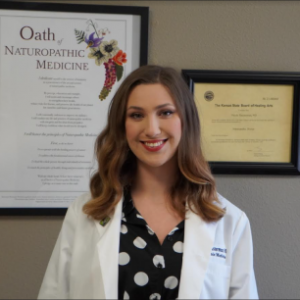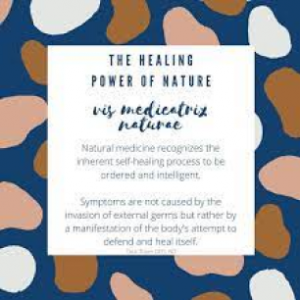Defining Holistic Medicine
Holistic Medicine takes a comprehensive view of an individual’s health, considering not only physical symptoms but also mental, emotional, and spiritual aspects. It recognizes the interconnectedness of these elements and emphasizes the importance of addressing the root causes rather than merely alleviating symptoms.
Holistic Approach to Treatment
1. Individualized Care
In Holistic Medicine, each person is regarded as unique, requiring a personalized approach to treatment. This often involves considering lifestyle, nutrition, stress levels, and environmental factors to create a customized healing plan.
2. Mind-Body Connection
Central to holistic practices is the acknowledgment of the mind-body connection. Techniques such as meditation, acupuncture, and yoga are integrated into treatment plans to promote harmony between mental and physical well-being.
Exploring Traditional Medicine
Defining Traditional Medicine
Traditional Medicine encompasses the conventional medical practices widely accepted in a specific culture or society. It is often based on scientific evidence, clinical trials, and standardized treatment protocols.
Scientific Foundation
1. Evidence-Based Practices
One of the strengths of Traditional Medicine lies in its reliance on evidence-based practices. Treatments and medications undergo rigorous testing to ensure safety and efficacy.
2. Specialized Expertise
Traditional medical practitioners, such as doctors and specialists, undergo extensive training and education in their respective fields, providing a high level of expertise in diagnosing and treating specific conditions.
Bridging the Gap
The Complementary Nature of Approaches
1. Integrating Holistic Practices in Traditional Settings
Recognizing the holistic approach’s benefits, many traditional medical settings are incorporating complementary practices. This may include offering mindfulness programs, nutritional counseling, or incorporating holistic therapies alongside conventional treatments.
2. Collaborative Care Models
A promising avenue for bridging the gap is the development of collaborative care models. In such models, holistic practitioners and traditional medical professionals work together, sharing insights and expertise to provide more comprehensive care for patients.
Consult with a Holistic Doctor for Comprehensive Care
Why Consult with a Holistic Doctor?
A consultation with a holistic doctor near you can provide a holistic perspective on your health. These practitioners take the time to understand your unique circumstances, considering factors beyond just the physical symptoms.
What to Expect in a Holistic Consultation
1. Comprehensive Health Assessment
Holistic doctors conduct thorough assessments, exploring not only medical history but also lifestyle, emotional well-being, and environmental factors.
2. Personalized Holistic Care Plan
Based on the assessment, a personalized holistic care plan is crafted. This may include dietary recommendations, stress management strategies, and holistic therapies to address the root causes of health issues.
Holistic Medicine and the Future of Healthcare
Embracing a Wholistic Approach
The future of healthcare may well involve a more integrated and wholistic approach. Recognizing the strengths of both Holistic Medicine and Traditional Medicine, individuals can access a broader spectrum of care that addresses the complexities of their well-being.
Research and Education
To foster collaboration and understanding between these approaches, ongoing research and education are crucial. This involves sharing knowledge, conducting joint studies, and promoting an open dialogue between holistic and traditional medical communities.
Navigating a Holistic Healthcare Landscape
In the pursuit of optimal health, individuals are presented with a diverse array of healthcare options. The juxtaposition of Holistic Medicine and Traditional Medicine offers a rich tapestry of approaches, each with its unique strengths. Rather than viewing them in isolation, there is potential for synergy, where these approaches can complement each other to provide more comprehensive and personalized care.
As you navigate the healthcare landscape, consider the benefits of a holistic perspective. Whether you choose the evidence-based practices of traditional medicine or the personalized approach of holistic medicine, the ultimate goal is to achieve a balanced and healthy life. Remember, your health is a journey, and understanding the nuances of these approaches empowers you to make informed decisions that resonate with your unique needs and beliefs.






